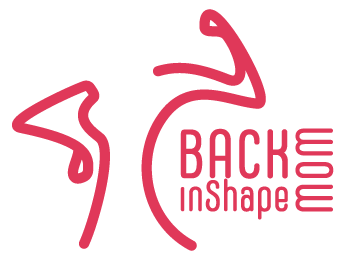Hey there, Incredible Moms! Congratulations on making it through the whirlwind of childbirth and the precious first few months with your bundle of joy. As you prepare to return to work after your maternity leave, you may find yourself riding a rollercoaster of emotions – excitement, anxiety, guilt, sadness, and everything in between. The transition back to work after having a baby can be challenging, both emotionally and logistically. But fear not! You are not alone in this journey, and there are strategies and support systems in place to help you navigate the emotional rollercoaster of postpartum return to work with grace and confidence.
First and foremost, it’s important to acknowledge and validate your feelings as you navigate this significant life transition. It’s perfectly normal to experience a wide range of emotions during this time, from excitement about returning to your career to anxiety about leaving your baby in someone else’s care. Allow yourself to feel whatever emotions arise without judgment or guilt, and remember that it’s okay to ask for help and support when you need it.
Next, it’s important to prioritize self-care as you navigate the emotional ups and downs of postpartum return to work. Make time for activities that nourish your body, mind, and soul, whether it’s getting enough sleep, eating nutritious meals, exercising regularly, practicing relaxation techniques like deep breathing or meditation, or simply spending quality time with your baby and loved ones. Taking care of yourself isn’t selfish – it’s essential for your well-being and allows you to show up as your best self for your baby, your family, and your career.
Additionally, it’s crucial to communicate openly and honestly with your partner, family members, friends, and coworkers about your feelings and concerns as you navigate the transition back to work. Share your fears, anxieties, and hopes with those you trust, and don’t be afraid to ask for support and encouragement when you need it. Building a support network of people who understand and empathize with what you’re going through can make a world of difference in easing the emotional challenges of postpartum return to work.
Furthermore, it’s important to set realistic expectations for yourself as you adjust to the demands of balancing work and motherhood. Recognize that it may take time to find your footing and establish a new routine that works for you and your family. Be patient with yourself as you navigate this transition, and remember that it’s okay to make mistakes, ask for help, and adjust your plans as needed along the way.
Moreover, it’s important to create a supportive and nurturing environment both at home and at work to help you navigate the emotional challenges of postpartum return to work. Surround yourself with people who uplift and encourage you, whether it’s your partner, family, friends, coworkers, or support groups for working moms. Seek out resources and services that can help make the transition back to work easier, such as childcare options, lactation support, and flexible work arrangements.
Lastly, remember to celebrate your strengths and accomplishments as you navigate the emotional rollercoaster of postpartum return to work. Recognize the resilience, courage, and determination it takes to balance the demands of motherhood and career, and give yourself credit for all that you’ve accomplished. You are a strong, capable, and amazing woman, and you have the power to navigate this transition with grace and confidence.
In conclusion, navigating the emotional rollercoaster of postpartum return to work can be challenging, but with the right strategies and support systems in place, you can ride the waves of emotions with grace and confidence. Acknowledge and validate your feelings, prioritize self-care, communicate openly with your support network, set realistic expectations, create a supportive environment, and celebrate your strengths as you navigate this significant life transition. You’ve got this, Super Moms!




